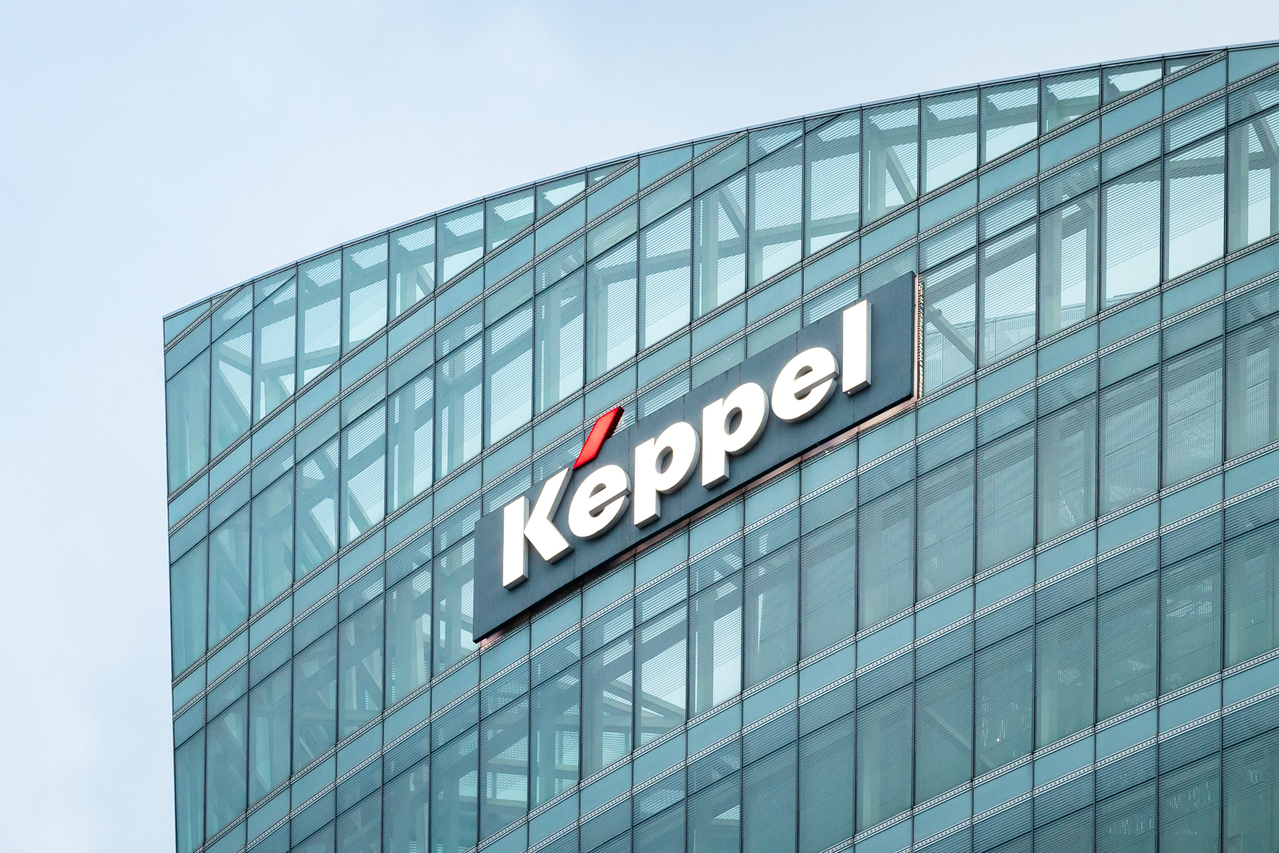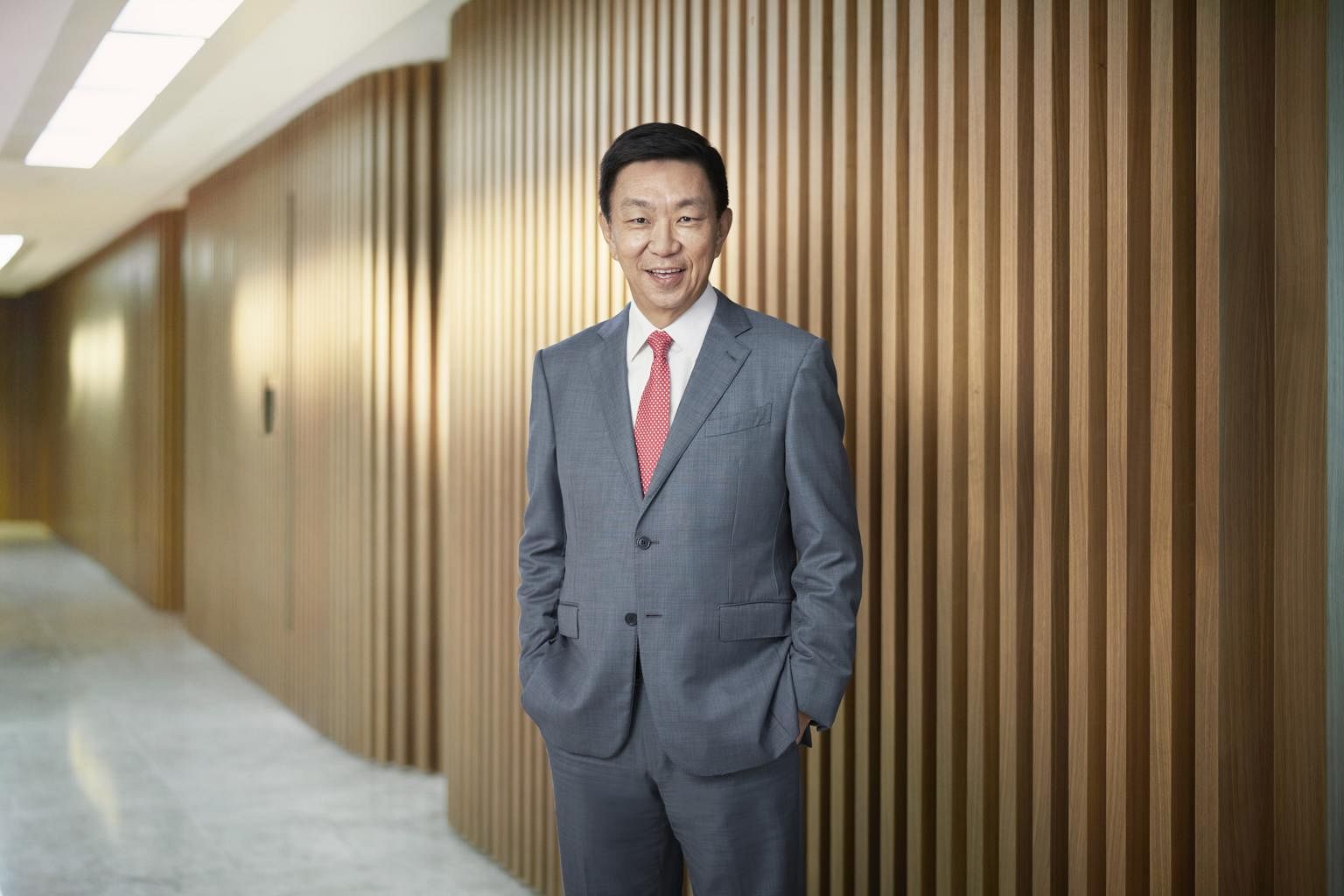Keppel saves $68 million from energy-efficient initiatives
Sign up now: Get ST's newsletters delivered to your inbox

Keppel's energy-efficient measures saved an estimated 1,040,420 gigajoules of energy.
PHOTO: KEPPEL CORP
SINGAPORE - Green initiatives might seem a burden for companies already grappling with a challenging operating environment but they have paid off in spades for Keppel Group.
Its energy-efficient measures saved an estimated 1,040,420 gigajoules of energy, translating to cost savings of around $68 million last year.
Chief executive Loh Chin Hua said in its sustainability report out on Sunday (May 30): "Covid-19 caused significant human suffering and disruption.
"It also highlighted the interconnectedness of the global ecosystem and our vulnerability to trans-border risks, whether from pandemics, environmental degradation or climate change, and the importance of sustainable development and building resilience."
In May last year, Keppel unveiled its vision to transform the company from a group of diverse parts into an integrated business providing solutions for sustainable urbanisation by 2030.
Part of the move involved the company shifting its focus to greener solutions.
It announced, for instance, that it will exit the offshore rig building business after completing existing projects.
It has been pivoting towards renewables and cleaner fossil fuels such as liquefied natural gas.
Keppel Infrastructure also secured a $1.5 billion contract to develop a waste-to-energy facility and a materials recovery plant for Singapore's Tuas Nexus' integrated waste management facility.
It is set to be the first integrated facility here to treat multiple waste streams, contributing significantly towards the country's long-term waste management plans, Keppel said.
Mr Loh noted: "Beyond running our business in an environmentally responsible manner, we see sustainability as a business and envisage Keppel playing a significant role in helping businesses and communities around the world become more sustainable through the solutions that we provide."
Another area of focus is data centres, which have come under increased scrutiny for their negative environmental impact.
Keppel Data Centres is exploring floating data centre technologies, together with other solutions like cold energy harnessing and a plant powered by hydrogen, to reduce its carbon footprint.
Plans also include looking at setting an absolute carbon emissions reduction target aligned with Singapore's national goals, it said.

The group had surpassed its target for 2020, with a 29.4 per cent average reduction in carbon emissions intensity from its 2010 baseline as at the end of last year.
Mr Loh said: "With the risks and impact of climate change becoming more evident, we are applying the lens of sustainability to the Group's major investment decisions."
Last year, Keppel also started introducing a shadow carbon price when evaluating major investments.
This move aims to help the firm better understand the carbon footprint of its business activities, the possible impact of future increases in carbon taxes, and also avoid potential stranded assets, Mr Loh added.
He said: "Keppel is committed to do its part to support the international agenda on climate action and also contribute towards Singapore's Green Plan 2030."


